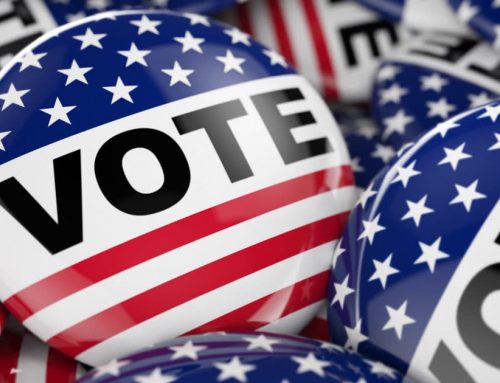In college, one of the concepts I most struggled with was the concept of “civil disobedience.” The reason I struggled with this was that I believed in the rule of law and felt that “civil disobedience” was somehow wrong.
But I also witnessed firsthand in the late 1960’s the rise of the civil rights movement, and I saw protesters who marched in the street and were “civilly disobedient,” so I knew what that looked like. I also felt that the laws creating separate water fountains and schools were wrong (I took the meaning of “all men [people] are created equal” at its face value), and so I felt their cause just. But whether I thought it was just or not, these people were exercising “civil disobedience” by refusing to following the law.
What I also observed, though, was that they were punished for it. Some were beaten, but most went to jail for a while. They were jailed for exercising their rights to protest. And this actually is the correct response for society – you break the law, you pay the penalty.
See, whereas “civil disobedience” may be required by a free individual to protest what they perceive is a wrong, and may in fact be their “right,” (the right to protest is an extension of the right of free speech), it is society’s right and obligation to enforce its laws (right or wrong – this is why we have bodies of elected officials called legislatures, and we have courts to assess behavior against the rule of law). Simply put, my right to disobey a law which I find unjust or inappropriate is met by society’s right to arrest and imprison me for breaking the law. I may drive 60 miles per hour in a 40 mile per hour zone because the 40 mile per hour limit is, in my opinion, ridiculous, but it is the police officer’s right and duty to give me a ticket for my “civil disobedience.”
If a city makes itself a “sanctuary city” by active or passive civil disobedience, then it should proudly accept the penalties of lost monies for road, public education, and the like.
All this is a long way of saying that, whereas cities may determine that they should, in an act of civil disobedience, make themselves “sanctuary cities” and ignore our immigration laws, they should not complain when the federal and state governments treat them as outlaws and apply appropriate punishments. If a city makes itself a “sanctuary city” by active or passive civil disobedience, then it should proudly accept the penalties of lost monies for road, public education, and the like.
Our government should be held to the same account as private citizens. When it breaks the law, our government should pay the penalty. If we do not enforce the law against ourselves, then why should we mistreat others by enforcing it against them?
Do the cities have a right be civilly disobedient and make themselves “sanctuary cities?” Yes. Do the state and federal governments then have a right and a duty to impose penalties for lawlessness?Yes. And the state and federal governments should not hesitate – and the cities should not whine.




